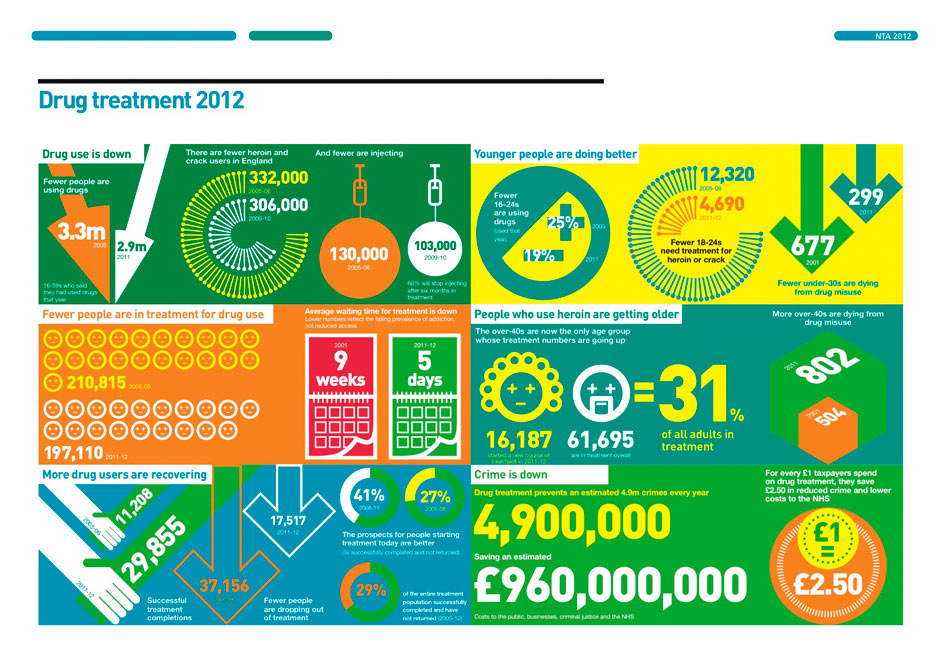Learn How To Develop A Solid Aftercare Strategy After Drug Rehab And Attain Long-Term Success
Learn How To Develop A Solid Aftercare Strategy After Drug Rehab And Attain Long-Term Success
Blog Article
Produced By- https://www.medicalnewstoday.com/articles/can-you-have-autism-and-schizophrenia-at-the-same-time have actually completed drug rehabilitation, and currently it's time to create a successful aftercare strategy to ensure your long-lasting recuperation.
Picture this: you're a person figured out to stay tidy and develop a meeting life. This short article will assist you via recognizing recurring support systems, including treatment and therapy, and establishing healthy and balanced coping devices.
With these methods, you'll be furnished to flourish in your journey of sobriety.
Let's begin.
Identifying Ongoing Assistance Solutions
You must determine at the very least 3 ongoing support group to make sure a successful recovery after drug rehabilitation.
The initial support system is your family and friends. WhiteSands alcohol addiction rehab 33567 can give emotional support, encouragement, and help you stay accountable. They can likewise provide a safe and understanding environment where you can share your struggles and success.
The 2nd support group is your specialist or counselor. They can aid you work through any type of underlying issues that might have added to your dependency and give support on just how to stay clear of regression. They can also show you coping systems and healthy and balanced means to take care of stress.
The 3rd support system is a support system or a sober community. Being bordered by others that are experiencing comparable experiences can be exceptionally beneficial. They can provide a sense of belonging, comprehending, and offer beneficial recommendations and assistance.
Incorporating Therapy and Therapy
To accomplish a successful healing, it is very important for you to proactively participate in treatment and therapy sessions, in addition to include them right into your continuous support systems. By doing so, you can make the most of the benefits of these treatment methods and increase your possibilities of maintaining long-lasting soberness.
Here are some essential reasons integrating therapy and counseling right into your aftercare plan is crucial:
- ** Emotional Support: ** Therapy and therapy provide a secure room for you to reveal your thoughts, sensations, and has a hard time related to your dependency. It permits you to overcome any unsettled concerns and develop healthy and balanced coping mechanisms.
- ** Relapse Avoidance: ** These sessions furnish you with the needed devices and approaches to stop regression. They assist you recognize triggers, create coping abilities, and establish a solid structure for handling food cravings and stress and anxiety.
- ** Personal Development: ** Treatment and therapy assist in personal growth and self-discovery. They help you acquire understanding right into the underlying causes of your addiction, improve self-esteem, and establish healthier relationships.
Creating Healthy And Balanced Coping Devices
Throughout treatment and therapy sessions, it's crucial to proactively deal with creating healthy and balanced coping systems in order to successfully take care of tension and obstacles.
You need to determine and understand your triggers, those things that cause you distress or anxiety. By recognizing these triggers, you can create techniques to cope with them in a healthy means. This might entail practicing deep breathing workouts, taking part in exercise, or finding a creative outlet to share your feelings.
It is essential to likewise border on your own with a solid support group of family and friends that can provide support and assistance.
Moreover, self-care tasks such as getting enough rest, eating well, and practicing leisure methods can greatly contribute to your total health.
Conclusion
In the trip towards healing, developing a successful aftercare strategy is like tending to a fragile yard. Just as a garden enthusiast supports each plant with care and attention, so also must one grow continuous support systems, integrate treatment and counseling, and develop healthy coping devices.
By doing so, the seeds of healing will bloom into a prospering yard, providing a strong structure for a brighter, drug-free future.
